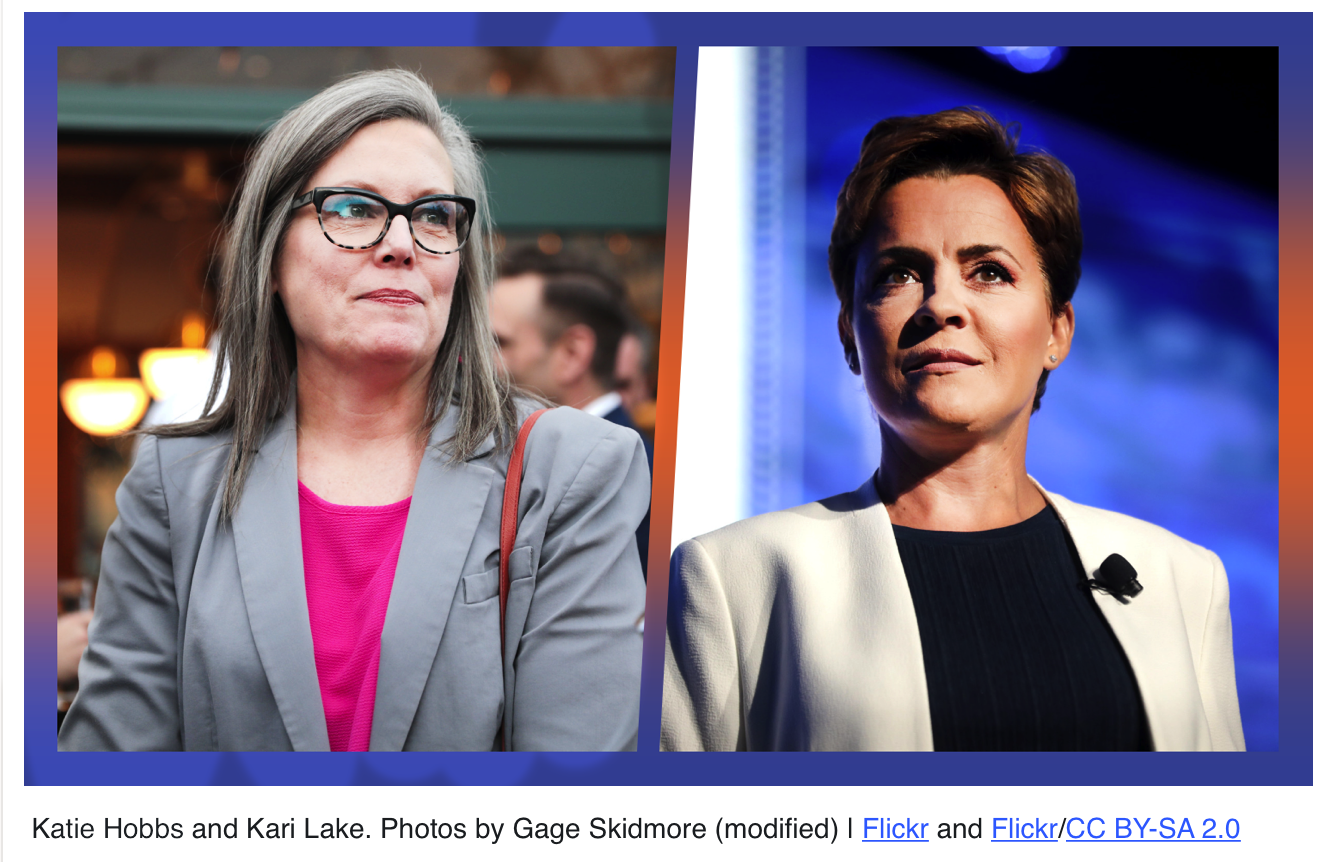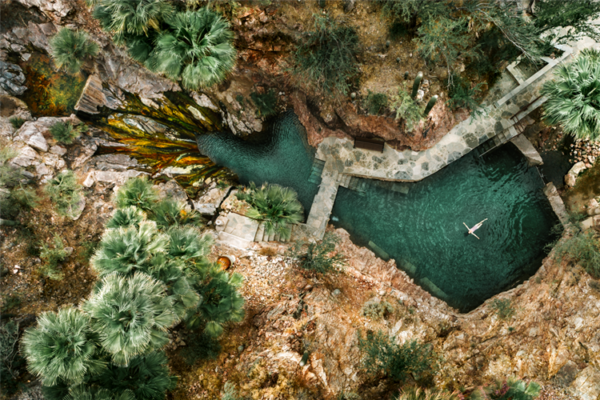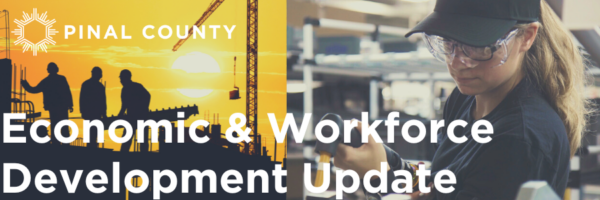Each gubernatorial candidate has plans that would affect the more than 1.1 million children in public schools
By Caitlin Sievers || Arizona Mirror
While Republican gubernatorial candidate Kari Lake spends her days throwing barbs on Twitter at her Democratic opponent Katie Hobbs, and Hobbs does her best to avoid interacting with the media, their actual policy plans might be lost on voters.
Both have released detailed education policy plans that, if implemented, would affect the more than 1.1 million children who attend public schools in Arizona, along with their families — and the future of the state.
The Arizona Mirror reached out to both campaigns to get details on subjects that one candidate covered in their published policy plan and the other did not. Lake’s campaign did not respond and Hobbs’ provided limited answers. The following are some of the highlights of the candidates’ education plans, as published by the candidates.
Funding increases
Hobbs: Wants to end the cycle of the Legislature providing funding to schools in the annual state budget and then the schools not being able to spend that money because of the Aggregate Expenditure Limit. The AEL, which voters added to the state constitution in 1980, is a shared annual spending limit among all the schools in the state. Once districts reach that shared limit, they cannot spend any more money in that fiscal year — even if it’s in the annual budget.
Hobbs proposes ending the AEL and creating new funding for the Extraordinary Special Education Needs Fund, which would help with big costs that districts are required to provide to students with disabilities, such as specialized vehicles or dedicated nurses.
Lake: No plan published.
Teacher pay
Hobbs: Wants to raise teacher pay in Arizona to put it on par with the national average. That would mean a $14,000 pay raise for the average teacher. She also wants to ensure that teachers and their families have access to affordable health care coverage. Arizona is currently facing a teacher shortage, with around a quarter of teaching positions going unfilled a month into the school year. Pay for teachers in Arizona is generally among the lowest in the nation.
Lake: Says that schools are receiving more funding than ever but teacher pay remains relatively flat when adjusted for inflation, while administrator pay has spiked. Because of this, she believes that districts can’t be trusted to increase teacher pay even if the state provides money for it. Instead, Lake wants the state to provide direct bonus payments to teachers.
Over the past five years, administrative costs in schools across Arizona did not increase, while classroom spending went up by 2.8%. From 2017 to 2021 the average teacher’s salary increased by 16.5%. There is no correlation between administrative spending and low teacher pay in Arizona.
“There’s nothing I’d like more than to have our excelling teachers make exponentially more money through their bonus pay,” Lake said in her plan. “If they are performing well and helping our kids improve, they should be compensated accordingly.”
More:












